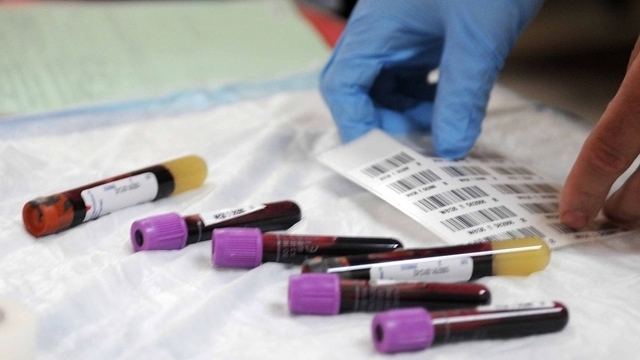 WIKIMEDIA, ANTHONY ZANE
WIKIMEDIA, ANTHONY ZANE
A new liquid biopsy test could detect cancer years before symptoms are apparent, according to research presented today (June 1) at the American Society of Clinical Oncologists (ASCO) meeting in Chicago. The test—a noninvasive blood draw followed by DNA screening—could lead to dramatic changes in cancer treatment, say researchers.
“This is potentially the holy grail of cancer research, to find cancers that are currently hard to cure at an earlier stage when they are easier to cure, and we hope this test could save many lives,” lead author Eric Klein, an oncologist at the Cleveland Clinic in Ohio, tells The Telegraph. The test “gives us the opportunity to find them months or years before someone would develop symptoms and be diagnosed.”
Klein’s research team collected ...



















